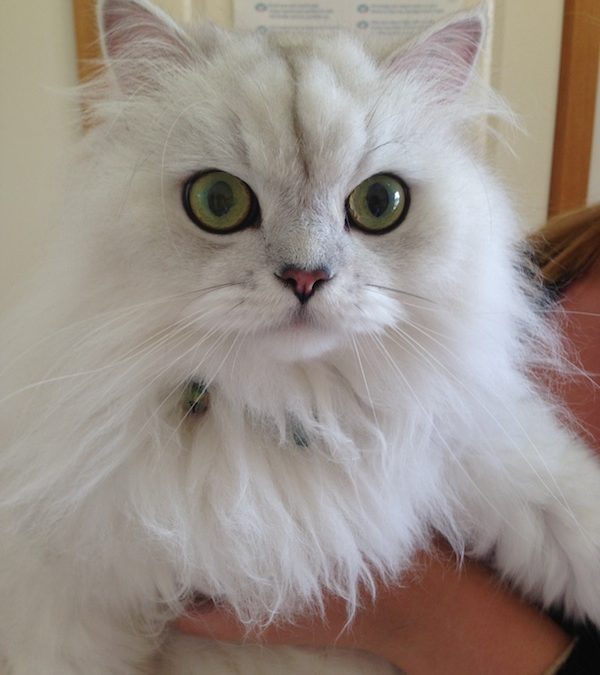Urinary problems in cats can range from behavioural spraying to serious medical diseases including the commonly diagnosed Feline Urinary Syndrome (FUS).
Signs of FUS include frequent straining to urinate, blood in the urine and urinating in strange places around the house. While an exact cause for FUS has yet to be discovered, known risk factors include obesity, lower quality diets, and occasionally urinary tract infections. In many cases mineral crystals form in the urine and irritate the cats bladder.
In male cats particularly, these crystals can totally block urine outflow from the urethra. Bladder obstruction leads to depression and inappetance and untreated is life threatening. Hence FUS signs should be treated as an emergency and prompt veterinary attention sought. Urinary catheterisation will relieve the obstruction and allow flushing of the urinary tract while medications go to work.
A “urinary” diet will be prescribed to treat and prevent FUS which contains low mineral levels, increases water consumption and acidifies the urine. Your vet will reccomend weight loss if your cat is overweight as well as increasing the number of water bowls and litter trays in your home. Regular urine tests performed by your vet will ensure the problem stays under control.
This is gorgeous “Jax” the Chinchilla who is on special food to prevent FUS after being obstructed last year.
If you are concerned about your cat, please don’t hesitate to call us for a check up.



